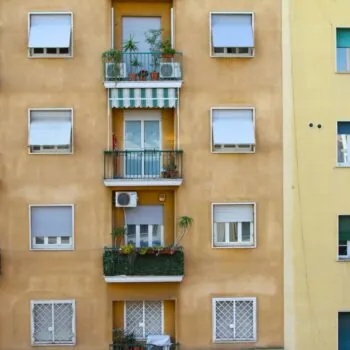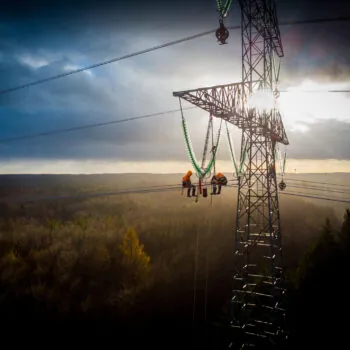Decarbonising heating and cooling is essential to the EU’s energy security, its citizens’ wellbeing, and the climate transition. However, progress in Central and Eastern Europe (CEE) needs momentum. Significant gains are possible even in the short and medium term, if actors work quickly and collaboratively.
Heating, cooling and hot water account for 50% of the energy needs of the EU’s buildings – and as much as 80% in the residential sector. Decarbonising heating and cooling is therefore crucial to the climate transition, but also a major concern from an energy security perspective. Recognising this, EU governments have committed to largely phase out fossil fuels in heating and cooling by 2040 under the Energy Performance of Buildings Directive (EPBD).
However, many member states still lack comprehensive heating strategies. Progress in the heating and cooling sector is fragmented, and there is room for more ambition on using renewable energy for heating and cooling.
Countries and municipalities must plan for long-term, sustained programs – and exponentially increasing efforts – in the coming years. Planning will involve a growing range of stakeholders, and must take into account the developing legislation at EU-level.
Supporting stakeholders in CEE countries to plan to decarbonise heating and cooling
This briefing provides recommendations for a common approach to heating and cooling decarbonisation for national-level officials, local decision makers, experts, and citizens. It covers:
- An overview of trends, challenges and advances in the heating and cooling transition in Central and Eastern Europe. We draw insights from notable examples in the region: Poland, Slovakia, and Bulgaria.
- An overview of key pieces of new EU legislation and instruments within the European Green Deal that set requirements for heating and cooling planning. This is an important reference for stakeholders involved in strategy, development, planning, and advocacy.
- A checklist for assessing progress in countries’ heating and cooling decarbonisation plans. This provides a tool for planners and independent observers to ensure the plans are both comprehensive and effective.
- A selection of suggested further reading on planning heating and cooling decarbonisation.


